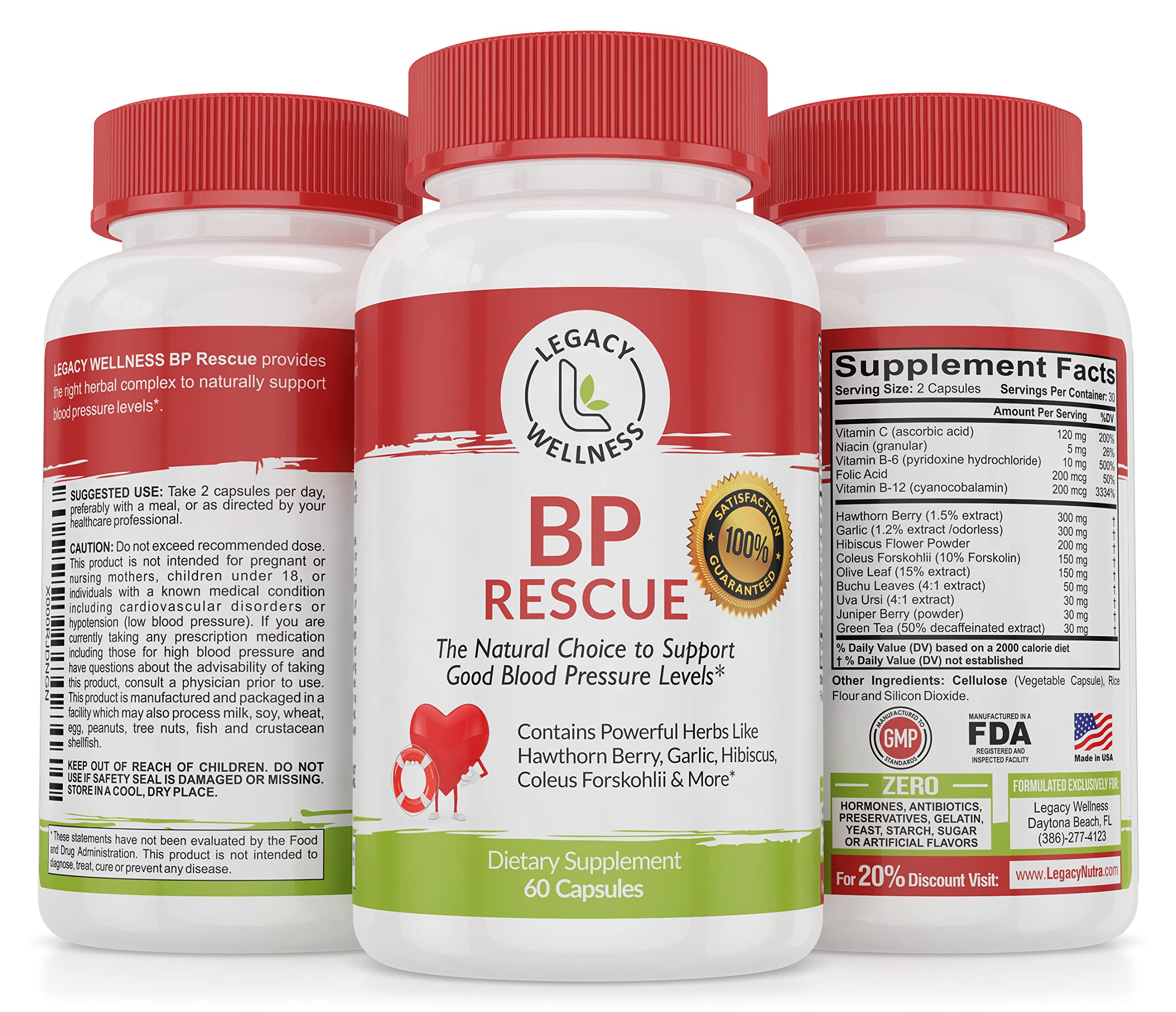While these supplements can be beneficial in managing hypertension, it is essential to remember that they should not replace prescribed medications or lifestyle modifications. It is always recommended to consult with a healthcare professional before starting any new supplement regimen, especially if you have underlying health conditions or are taking medications. In conclusion, incorporating hypertension supplements into your wellness routine can provide additional support in managing high blood pressure. Omega-3 fatty acids, CoQ10, magnesium, garlic, hibiscus tea, and L-arginine are just a few examples of supplements that have shown promising results in lowering blood pressure. It is often referred to as the “”silent killer”” because it can go unnoticed for years, causing damage to the heart, blood vessels, and other organs. Fortunately, there are various ways to manage and control blood pressure, including lifestyle changes and medication. In recent years, there has been a growing interest in blood pressure supplements as a natural alternative to traditional medications.
Let’s explore the latest trends in blood pressure supplements and how they can empower your heart. One of the most popular trends in blood pressure supplements is the use of natural ingredients. Many people are turning to herbal remedies and plant-based supplements to support their cardiovascular health. Some of the commonly used natural ingredients include garlic, hawthorn berry, olive leaf extract, and beetroot. These ingredients have been studied for their potential to lower blood pressure and improve overall heart health. Garlic, for example, contains compounds that can help relax blood vessels and supplements for high blood pressure reduce inflammation, leading to lower blood pressure levels. Another emerging trend in blood pressure supplements is the inclusion of vitamins and minerals that are essential for heart health. Nutrients like magnesium, potassium, and vitamin D play a crucial role in maintaining healthy blood pressure levels.
Magnesium helps relax blood vessels, while potassium helps balance sodium levels in the body, which can contribute to high blood pressure. Vitamin D deficiency has also been linked to an increased risk of hypertension. By including these nutrients in blood pressure supplements, manufacturers aim to provide a comprehensive approach to heart health. Furthermore, the use of innovative delivery systems is gaining popularity in the world of blood pressure supplements. Traditional supplements often come in pill or capsule form, which may not be suitable for everyone. To cater to different preferences and needs, manufacturers are now offering alternative delivery methods such as powders, liquids, and even transdermal patches. These innovative options provide convenience and flexibility for individuals who struggle with swallowing pills or have specific dietary restrictions. Additionally, personalized nutrition is becoming a significant trend in the world of blood pressure supplements. Each person’s body is unique, and what works for one individual may not work for another.

